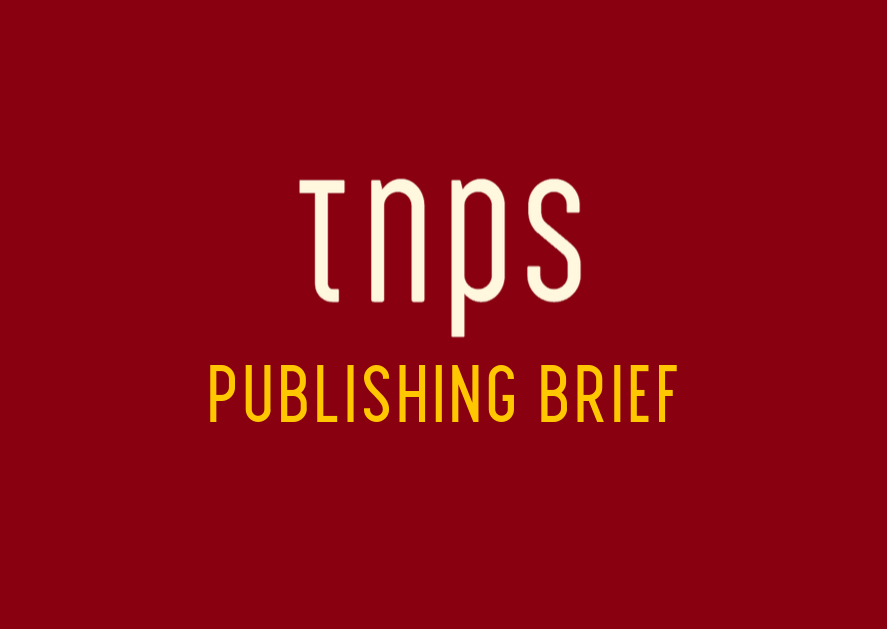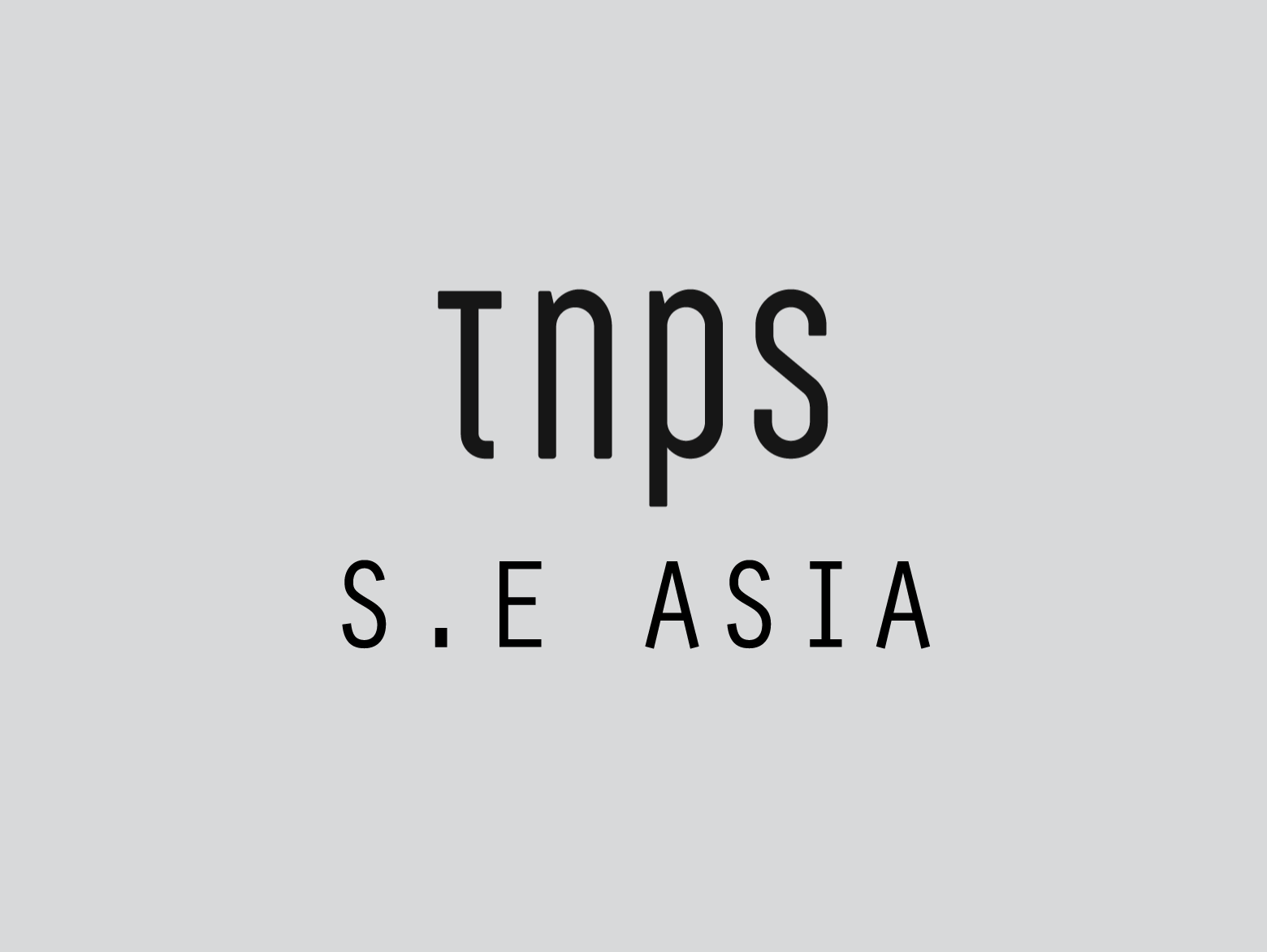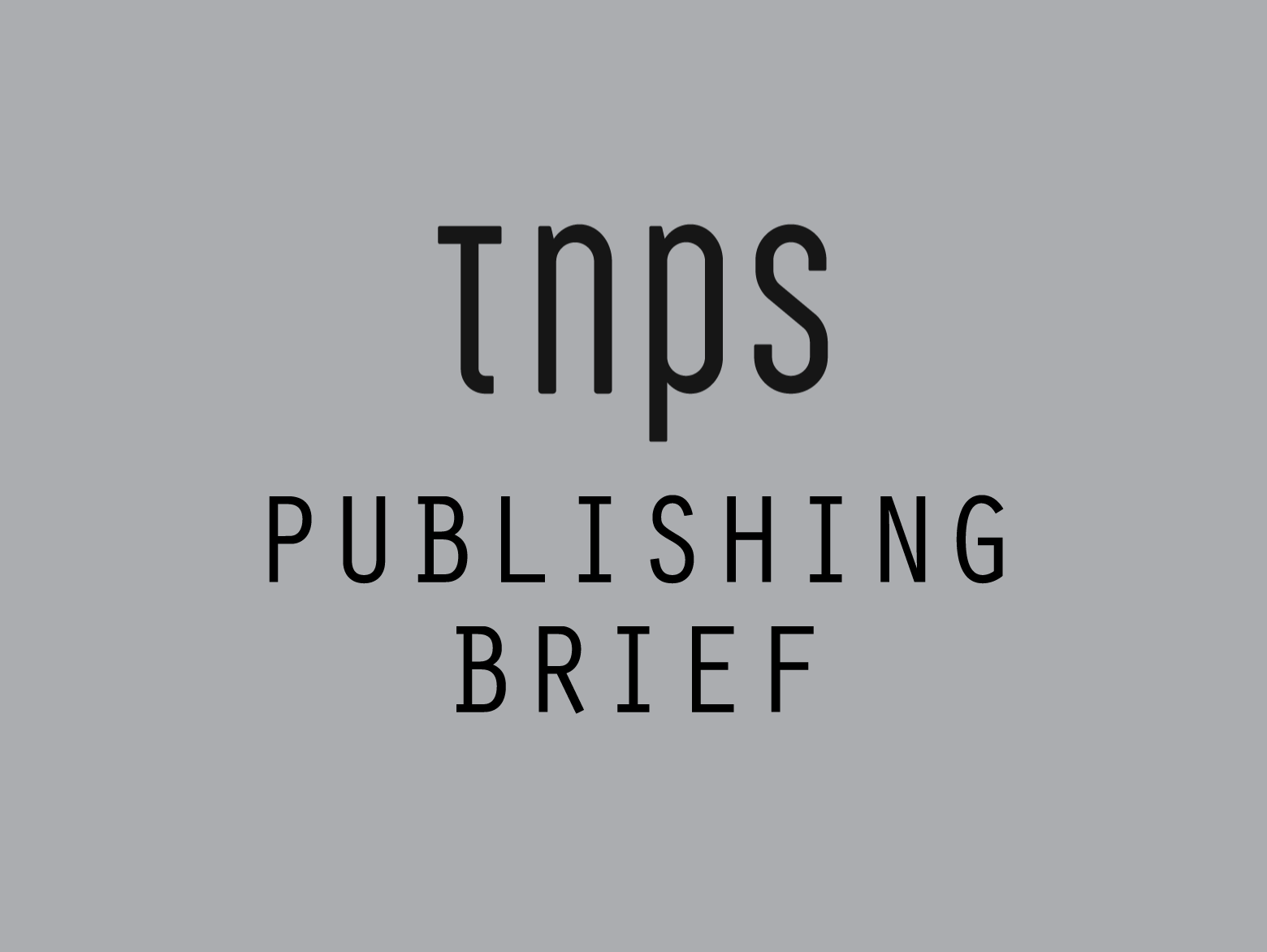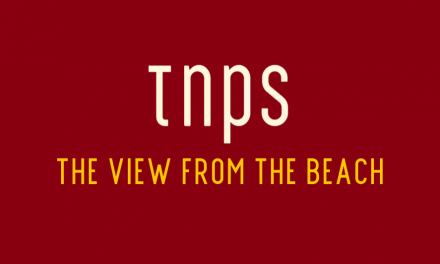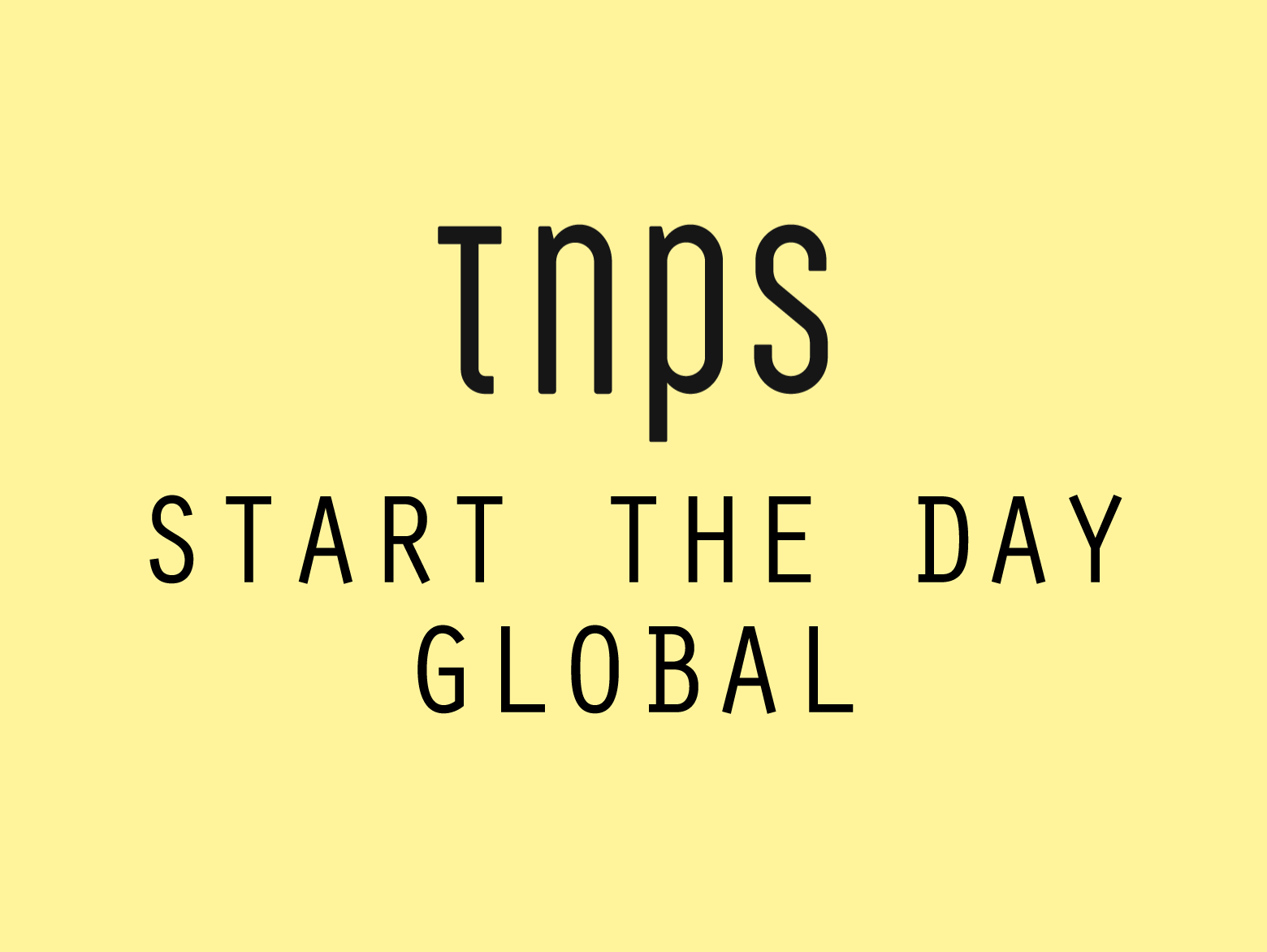With impeccably bad timing the UK government in April announced it would cut VAT on ebooks from December 1 2020, even as the World Health Organisation declared a global pandemic. TNPS was a lone voice crying “Missed Opportunity to Fight the Coronavirus.” Seven weeks later the op-ed has been addressed.
This from a TNPS op-ed on March 11:
At a unique moment of national and international crisis, on the day the WHO officially declared a pandemic, when printed books and sellers of printed books face unprecedented disruption to their supply chain, with print imports from China at a standstill, consumers wary of venturing out to stores, the possibility of lockdown, many workers facing loss of income, and online print sales impacted by all these…
At a time when digital is uniquely positioned to allow authors, publishers and consumers to circumvent these challenges…
Why, why, why did the British government not employ some joined-up thinking and common sense and make the VAT change effective immediately?
Now comes news that the UK government is capable of joined-up thinking after all, and the Chancellor of the Exchequer (Finance Minister) had excitedly announced that the VAT crash planned for December has been made effective immediately.
In a HM Treasury press release it was explained:
Plans to scrap VAT on e-books and e-newspapers have been significantly fast-tracked in a boost to readers and publishers during the coronavirus outbreak, the Chancellor announced today.
Rishi Sunak said the zero rate of VAT will now apply to all e-publications from tomorrow (1 May 2020) – seven months ahead of schedule – potentially slashing the cost of a £12 e-book by £2 and e-newspapers subscriptions by up to £25 a year.
We want to make it as easy as possible for people across the UK to get hold of the books they want whilst they are staying at home and saving lives.
That is why we have fast tracked plans to scrap VAT on all e-publications, which will make it cheaper for publishers to sell their books, magazines and newspapers.
With the nation staying in their homes during lockdown and schools closed, millions have been relying more on e-publications to pass time, home school and read the news. The Chancellor has opted to bring the zero rating forward to make entertainment more affordable for readers who are rightly staying at home during the coronavirus crisis – and are more reliant on e-publications as a result.
Clearly Rishi Sunak has been reading TNPS, and has acted to belatedly remedy a missed opportunity.
The reactions of various stakeholders to the announcement, as per the HM Treasury press release, are worthy of a separate post.
Here just to quietly celebrate a rare moment of common sense from a government that has made missed opportunities its trade mark.
As this post goes live Amazon UK still carries the technically misleading statement that ebooks are subject to VAT while print books are not.

The reality is that print attracted a 0% VAT rate while ebooks attracted a 20%. They both now are still subject to VAT, but at 0%.

